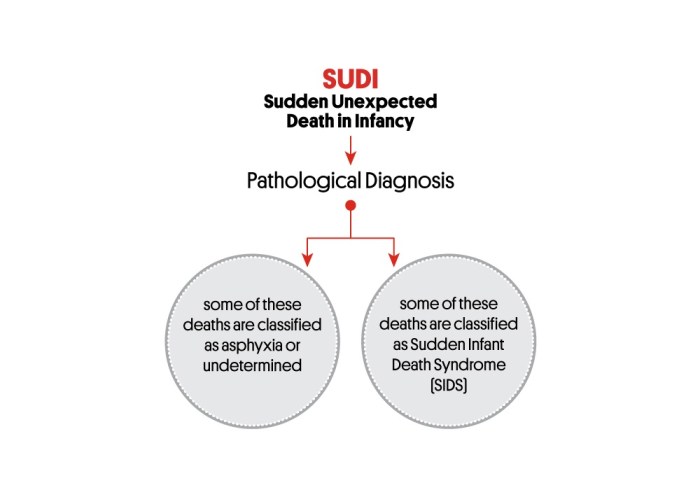What does SUD mean in medical terms? This acronym stands for Substance Use Disorder, a condition characterized by the compulsive use of drugs or alcohol despite negative consequences. This article explores the complexities of SUD, from its causes and symptoms to treatment and prevention strategies.
The prevalence of SUD is a growing concern, affecting individuals of all ages and backgrounds. Understanding the nature of SUD is crucial for effective diagnosis, treatment, and support.
What Does SUD Mean in Medical Terms?
Substance use disorder (SUD) is a medical condition characterized by compulsive drug or alcohol use despite negative consequences.
Definition and Overview
SUD is an umbrella term that encompasses a range of conditions involving the misuse of substances, including alcohol, drugs, and prescription medications. It is characterized by a pattern of compulsive use, despite the negative physical, psychological, and social consequences.
Etiology and Risk Factors
The exact cause of SUD is unknown, but it is thought to be influenced by a combination of genetic, environmental, and psychological factors. Some common risk factors include:
- Family history of substance use disorder
- Early exposure to substances
- Peer pressure
- Mental health disorders
- Trauma or stress
Types and Subtypes
There are various types and subtypes of SUD, classified based on the substance used and the severity of the disorder. Some common types include:
- Alcohol use disorder
- Opioid use disorder
- Stimulant use disorder
- Cannabis use disorder
- Hallucinogen use disorder
Signs and Symptoms

The signs and symptoms of SUD can vary depending on the substance used. However, some common symptoms include:
- Cravings
- Tolerance
- Withdrawal symptoms
- Neglect of responsibilities
- Legal problems
- Relationship problems
Diagnosis and Assessment, What does SUD mean in medical terms?

SUD is diagnosed based on a comprehensive evaluation by a healthcare professional. The evaluation typically involves a physical exam, a review of the patient’s medical history, and a psychological assessment.
Treatment and Management
Treatment for SUD typically involves a combination of medications, therapy, and support groups. Medications can help manage cravings and withdrawal symptoms, while therapy and support groups provide emotional support and coping mechanisms.
Prognosis and Recovery

The prognosis for SUD depends on a variety of factors, including the type of substance used, the severity of the disorder, and the patient’s motivation for recovery. Recovery is possible, but it can be a long and challenging process.
Prevention and Education
Preventing SUD involves a multi-pronged approach that includes education, early intervention, and community support. Education about the risks of substance use is crucial, particularly among young people.
Comorbidities and Complications
SUD is often associated with other mental health disorders, such as depression and anxiety. It can also lead to a variety of health complications, including liver damage, heart disease, and cancer.
Ultimate Conclusion
In conclusion, SUD is a complex condition with a range of potential causes, symptoms, and consequences. By recognizing the signs and symptoms of SUD and seeking professional help, individuals can initiate the path towards recovery and reclaim control over their lives.
Prevention and education efforts play a vital role in reducing the incidence of SUD and promoting overall well-being.
Detailed FAQs
What are the common risk factors for SUD?
Risk factors for SUD include genetic predisposition, mental health disorders, trauma, and environmental influences such as peer pressure and exposure to substances.
What are the different types of SUD?
SUD is classified into different types based on the substance being used, such as alcohol use disorder, opioid use disorder, and cannabis use disorder.
How is SUD diagnosed?
Diagnosis of SUD involves a comprehensive assessment by a healthcare professional, including a review of symptoms, medical history, and substance use patterns.